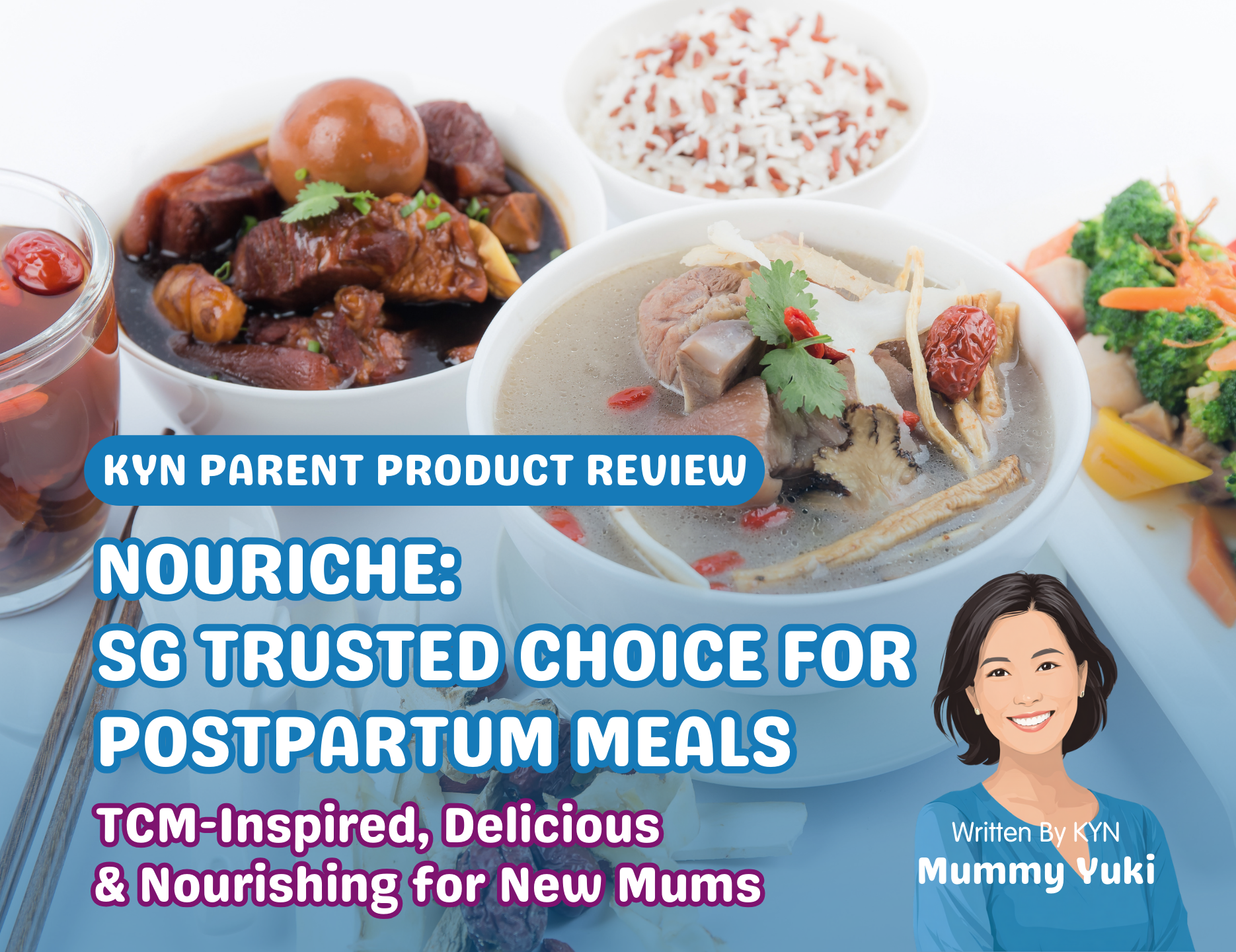In recent years, “organic” has become a buzzword in the parenting world. Many parents gravitate towards organic products—foods, clothing, skincare—believing they’re inherently safer or more beneficial for their babies. While organic options can offer advantages, misinformation abounds. Separating fact from fiction ensures that you make informed decisions that truly support your child’s health and well-being.
Understanding What “Organic” Means
Organic products are made from ingredients grown without synthetic pesticides, fertilizers, or genetically modified organisms (GMOs). Organic standards vary by country, but most reputable certifications (like USDA Organic or EU Organic) ensure stricter environmental and animal welfare practices. For baby care, this commonly applies to baby foods, clothing made from organic cotton, and skincare items derived from organically farmed plants.
Myth 1: Organic Products Are Always Healthier
Fact: While organic fruits and vegetables may contain fewer pesticide residues, this doesn’t automatically make them more nutritious. The vitamin and mineral content of produce depends largely on factors like soil quality, ripeness, and freshness. Organic baby foods do reduce chemical exposure, but a well-washed, conventional apple can be equally nutritious. Prioritize a balanced diet of whole foods, organic or not.
Myth 2: All Organic Skincare Is Chemical-Free
Fact: The term “chemical-free” is misleading. Water is a chemical, as are the nutrients in plants. Organic skincare products avoid synthetic chemicals like parabens, phthalates, and artificial fragrances, but they still contain natural chemicals. Moreover, “natural” doesn’t always mean gentle—some plant extracts can cause irritation. Look for reputable brands with clear ingredient lists and dermatologist recommendations.
Myth 3: Organic Cotton Is Always Softer and More Durable
Fact: Organic cotton is grown without synthetic pesticides and often processed more sustainably, which can result in a softer feel. However, softness and durability also depend on the cotton’s quality, weave, and manufacturing process. While organic cotton clothing is often more eco-friendly, not all items offer the same texture or longevity. Check product reviews and certifications to ensure quality.
Myth 4: Organic Baby Formulas Are Superior to Non-Organic Formulas
Fact: Baby formulas, whether organic or conventional, must meet stringent safety and nutritional standards. Organic formulas are made from milk from cows raised on organic feed without certain pesticides and antibiotics. However, the nutritional profile—proteins, fats, vitamins, and minerals—is what truly matters. If an organic formula fits your budget and values, that’s great, but non-organic formulas are also completely safe and nutritionally adequate.
Myth 5: Organic Means Hypoallergenic
Fact: Organic products are not necessarily less likely to cause allergies. Allergic reactions depend on individual sensitivities rather than whether a product is organic. For example, a baby can be allergic to a natural plant extract or an organic ingredient just as easily as a synthetic one. When trying a new product, conduct a patch test regardless of its “organic” label.
Myth 6: Everything in a Baby’s Environment Should Be Organic
Fact: Trying to make every aspect of your child’s life organic can be overwhelming and expensive. The key is balance. Prioritize certain areas where organic makes a more significant impact—fruits and vegetables your baby eats often, skincare products applied directly to their skin, or clothing that contacts sensitive areas. It’s unnecessary to replace every item with an organic version. Focus on overall health rather than perfection.
Fact: Organic Farming Supports the Environment
One undeniable benefit of choosing organic is the positive environmental impact. Organic farming practices reduce chemical runoff into water sources, improve soil health, and promote biodiversity. By supporting organic agriculture, you contribute to a cleaner planet and a healthier future for your child. Although this doesn’t directly impact your baby’s health in the short term, it fosters a sustainable world they’ll inherit.
Fact: Organic Labeling Standards Matter
When purchasing organic products, look for reputable certifications. For instance, USDA Organic ensures products meet strict standards for production, handling, and labeling. Similarly, the Soil Association (UK) or Australian Certified Organic (ACO) offer guidelines in their respective regions. These certifications provide assurance that the product genuinely adheres to organic principles, reducing the risk of greenwashing.
Fact: Washing and Proper Handling Are Still Essential
Even if you buy organic produce, always wash fruits and vegetables thoroughly before feeding them to your baby. This removes any residual dirt, bacteria, or approved organic pesticides. Similarly, if you choose organic cotton clothing, regular laundering with mild, baby-safe detergents keeps fabrics clean and comfortable.
Fact: Balance and Moderation Are Key
Organic products can be a valuable part of a baby’s life, but they aren’t a silver bullet. A balanced lifestyle—offering a variety of whole foods, ensuring proper hygiene, providing adequate sleep, and encouraging plenty of play—is more important than adhering strictly to organic. Consider your family’s budget, availability of quality products, and your child’s individual needs.
Practical Tips for Choosing Organic Baby Products
1. Research Brands and Ingredients:
Read reviews, ask friends for recommendations, and consult reputable sources. Understanding a brand’s ethos, sourcing, and manufacturing practices helps you make confident choices.
2. Prioritize Areas of Impact:
If going fully organic isn’t feasible, focus on products your baby consumes or wears daily—like formula, cereals, fruits, or lotion. Gradually expand to other areas if desired.
3. Watch for Marketing Hype:
Terms like “natural,” “eco-friendly,” or “green” aren’t regulated. Always check for recognized certifications. Avoid products that rely solely on buzzwords without substantiation.
4. Consider a Patch Test for Skincare:
If trying a new organic skincare product, apply a small amount to a discreet area of your baby’s skin and wait 24 hours to check for reactions.
5. Consult Healthcare Professionals:
If you’re unsure about an organic formula or a particular product, speak to your pediatrician. They can provide guidance tailored to your baby’s nutritional and health needs.
Conclusion
Organic baby care products offer benefits, but they aren’t a guarantee of superior health or safety. Separating myths from facts helps you make balanced decisions that reflect your family’s values, budget, and personal circumstances. Organic options can be part of a healthy lifestyle, but they should complement—rather than replace—fundamental pillars of child-rearing, like proper nutrition, hygiene, and love. In the end, your attentive care and informed choices matter more than any label on a product.





